Hitman developers on 25 years of the iconic stealth franchise – 'we've realized all of that potential’
Celebrating 25 years of the bald contract killer
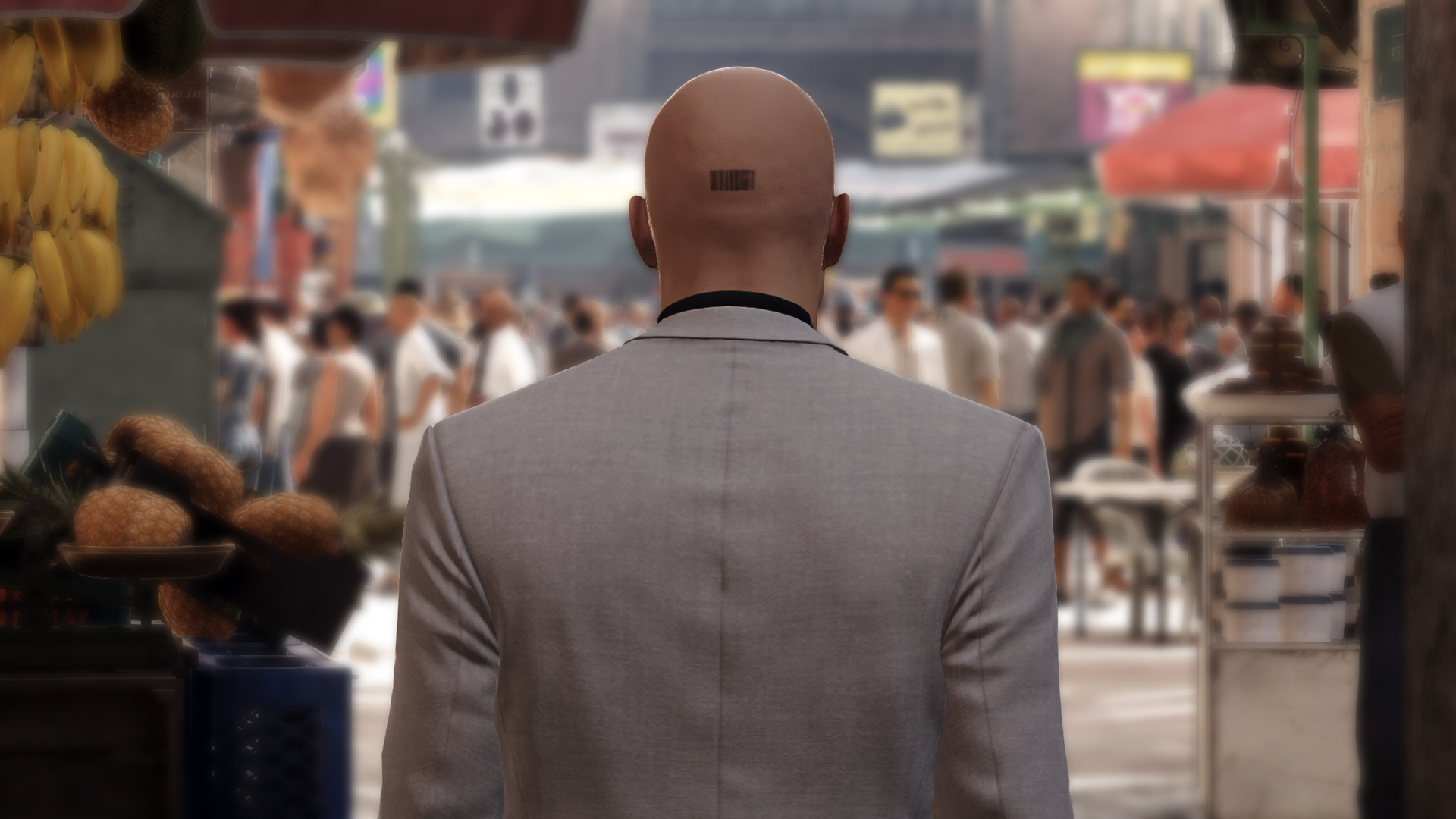
Sign up for breaking news, reviews, opinion, top tech deals, and more.
You are now subscribed
Your newsletter sign-up was successful
This month marks 25 years since the North American release of Hitman: Codename 47, a little stealth game from Danish developer IO Interactive that starred a genetically modified assassin called Agent 47.
With a focus on using your wits and equipment like sniper rifles and deadly fiber wire to take out specific targets undetected, its sandbox levels felt more like little puzzle boxes that you had to explore and put together piece by piece than a traditional sneaking level.
There was nothing else quite like it at the time, and despite being somewhat bashed for its brutally punishing difficulty and abundance of bugs, the game proved popular enough to spawn a series of sequels, with Hitman becoming a franchise of eight mainline entries, a handful of spinoffs, and two whole movie adaptations so far.
Bringing the vision to life
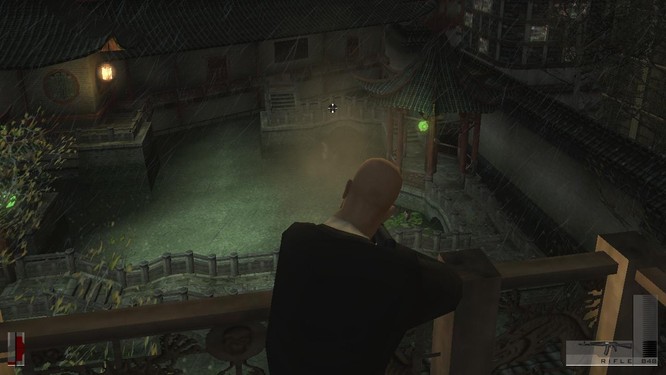
The latest instalment, 2021’s Hitman 3, was released to critical acclaim, with countless reviewers praising its sprawling open-world environment, all populated by impressive numbers of dynamic non-player characters (NPCs), endless opportunities for experimentation, and the resulting high degree of replayability.
Not every entry has been such a beloved hit, however, so I sat down with two series veterans to take a look back at the ups and downs in 47’s storied journey so far.
“My first Hitman was Hitman: Contracts,” revealed Jacob Mikkelsen, who holds the special title of ‘legend’ level designer as an employee with more than two decades of experience at the company. “For me, when I look at Hitman throughout the years, it's turned into the game that it was in my mind back with Contracts.”
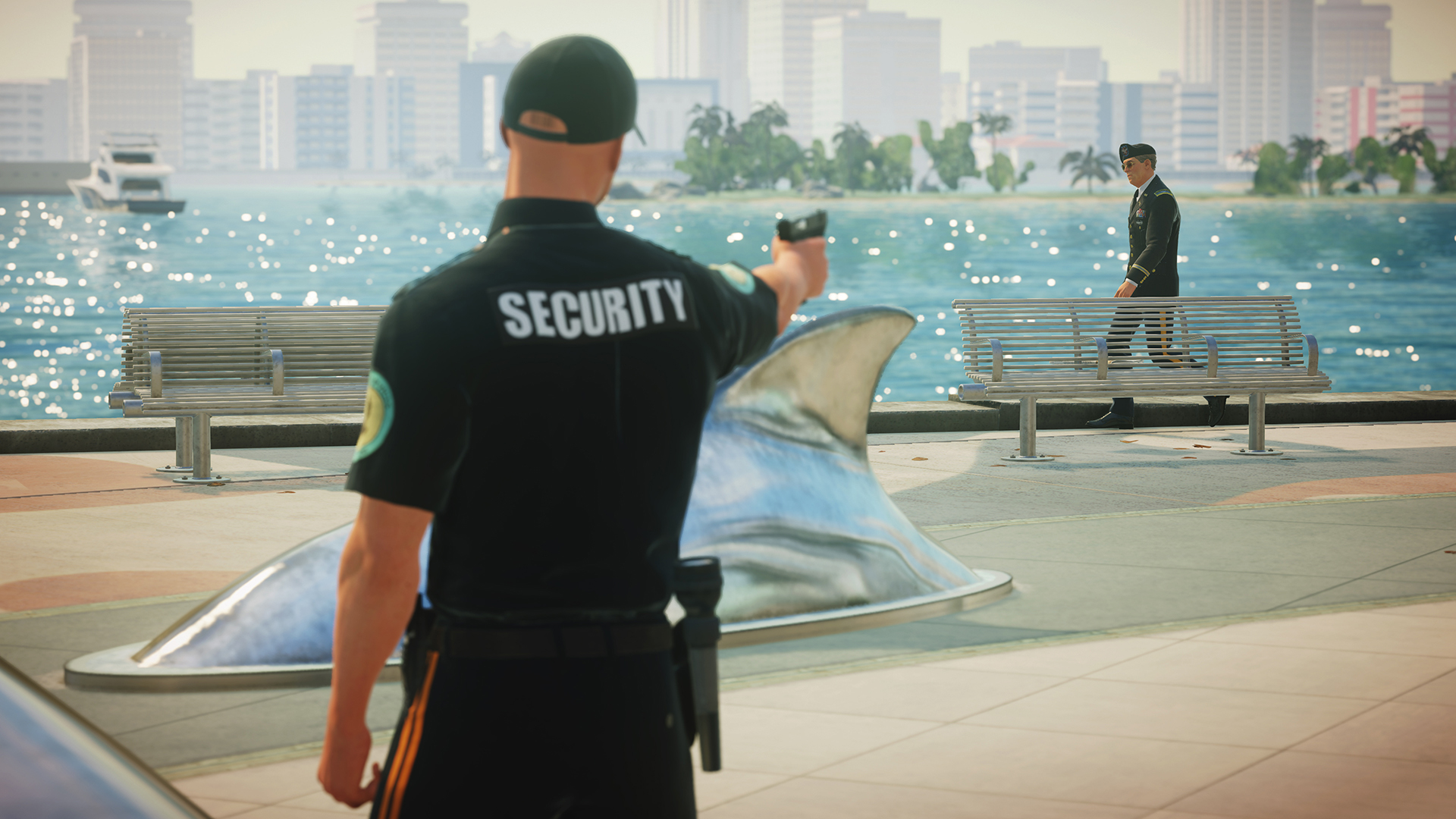
“Where we are now, we've realized all of that potential, because back in the day, fidelity was lower, performance, and all sorts of things [got in the way],” he added. “Having been on many Hitman games throughout the years, seeing that vision becoming more and more real has been a lot of fun. Those ideas that were already there in Contracts are still at the core of the game, but now we’re just really pulling it off.”
Sign up for breaking news, reviews, opinion, top tech deals, and more.
“I think there are different stages, almost,” said chief creative officer Christian Elverdam, who has directed multiple Hitman games. “I think with Hitman: Absolution, it was about making the game playable more than anything else - just from a personal perspective. We talked a lot about level design back then. We talked a lot about how the game plays on controllers, making it feel much more modern, reliable. Great locomotion, better, predictable takedowns, and that stuff.”
Learning the right lessons
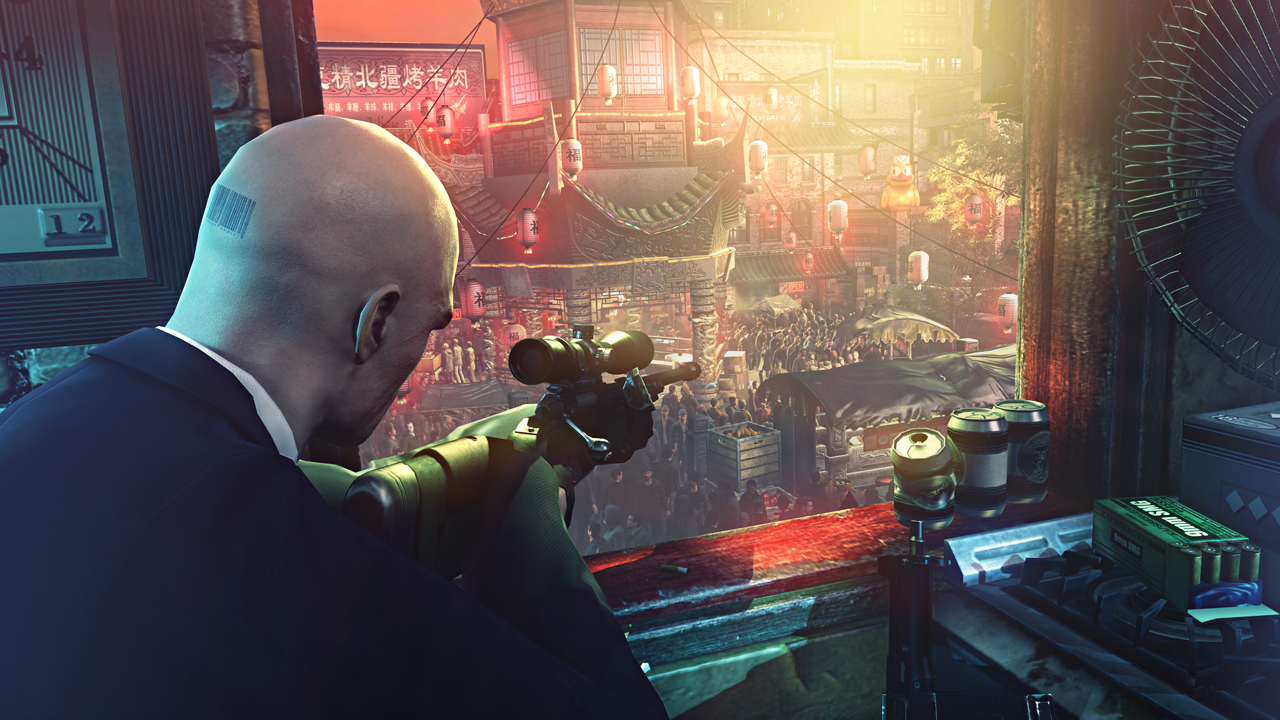
Despite being well-received by contemporary critics, Hitman: Absolution was a disappointment to die-hard fans when it released back in 2012, mainly due to its more linear structure and prominent narrative elements. Even still, the learnings from Absolution, alongside other past games, were a key component of the modern Hitman trilogy, now dubbed Hitman: World of Assassination.
“I got the opportunity to re-imagine Hitman, with the World of Assassination,” explained Elverdam. “Back in 2013, we created a pitch we called ‘Hitman and the World of Assassination’, which was basically trying to see the future of what Hitman would become, which was obviously, looking back, inspired by Blood Money and Contracts.” According to Elverdam, this pitch combined the “freedom and approach” and level design of those two fan-favorite entries with the “the playability of Absolution” and the newfound desire to create an “ever-expanding live game”.
“We learned a lot from Absolution, being honest,” he continued. “I think it's lamented from a fan perspective because it broke from the freedom of approach formula, the more extreme version of that, and I think the story was a little uneven. I feel sorry for Absolution in some ways, because you didn't get the best of both worlds. We sacrificed all this stuff to really tell a story, but then the story didn't hit the high water mark it was supposed to.”
In addition to the updated controls, one of the biggest innovations of Hitman: Absolution was its Contracts Mode which allowed players to create their own objectives in a number of levels and share them online.
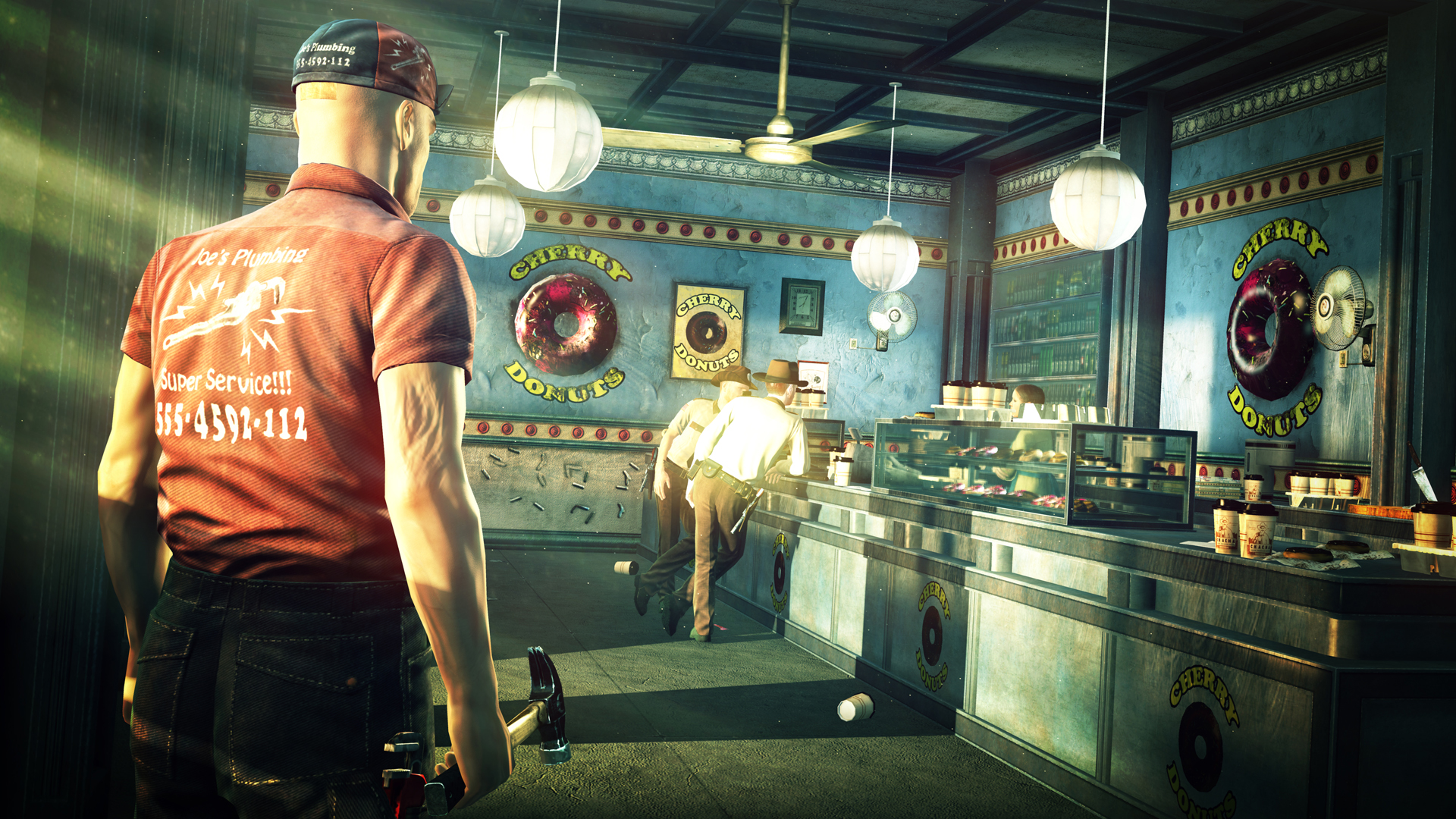
“Jacob did something remarkable for Absolution: he came up with this concept of Contracts Mode,” Elverdam revealed. “When I joined the game, I was like, 'I would love something that celebrated replayability,' and my first question was, 'Why don't we do some multiplayer, some co-op, or something?' Back then, everyone was like, 'No we can't do that!' Then Jacob actually said, 'yeah, I have an idea,' and so, long story short, we introduced Contracts Mode.”
It was an instant hit, though the team was soon frustrated by the inherent limitations of Absolution’s format as a one-and-done release. “When Absolution shipped, we had 50,000 or 100,000 players every month, playing Contracts Mode, just enjoying the game as a sandbox,” said Elverdam. “We could do absolutely nothing about it, because it wasn't a live game, so it felt like the players were showing us how they want to play the game, but we couldn’t react, we couldn’t change the levels. We couldn’t do anything. That was also a big part of the inspiration behind [the 2013 pitch] and what eventually became what we have today.”
Slimming down
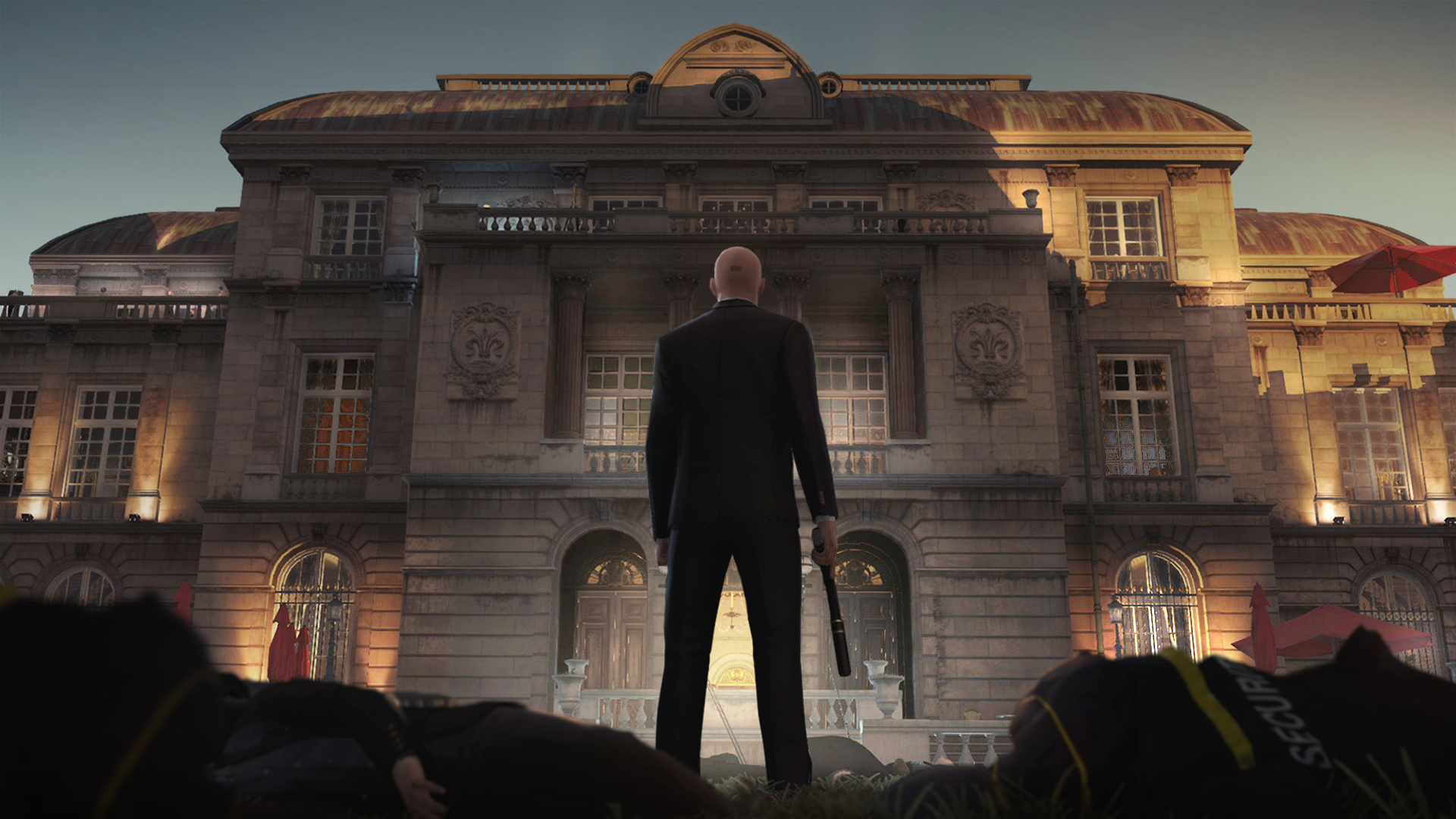
Under this clear sense of direction, there were still plenty of challenges in the development of 2016’s Hitman, particularly when it came to settling on the right scope. “I don't know if we can say this, but the early version of Paris was three times bigger, at least, than the one that shipped,” said Mikkelsen. “We were looking at all this space, at some point we were like, 'okay, this is huge' and internally, people were also beginning to question whether it needs to be that big.”
Originally, that opening Paris level would have featured a sizable surrounding area, including a fully modelled restaurant that still lives on in a different form in the final game.
“We built this old building, and on the bottom floor, you had a restaurant with a kitchen in the back and all that stuff, and then obviously would have a palace next to it,” began Elverdam. “It gives you a little bit of an impression of just how big the level was originally. Then later, we needed a location for Thailand, and we figured that we could build in a French colonial style - I hope you can see where this is going.
“By duplicating the old building from Paris, we created this two-wing building for Thailand. And in one wing, you will find a restaurant on the ground floor, and that restaurant was the very first thing that got built in Paris. That was the very first thing we did, and that thing still exists, albeit, and on a completely different continent with a completely different story and setup.”

Elverdam argued that this process was “a good example of the connection between us as game developers and the fans.” He added: “We all felt the pain of some of the more linear segments, the smaller segments, of Absolution. I think maybe in pre-production we overcompensated a little bit with Paris.”
“Another big thing was to go back to the live aspect and the Contracts Mode,” Mikkelsen chimed in. He recalls being sat in a meeting room, facing the daunting task of “figuring out how to build this game so we can keep on expanding it forever.” The answer was apparently plenty of "tech development” which he said “then allowed us to do the Elusive Targets, all the Escalations, all the Featured Contracts,” and all the other content that’s still being added to Hitman: World of Assassination today.
The content is going to slow down either, with Elverdam saying that “the fans are really, really happy” with recent additions, with “a lot of people jumping in and playing them”. In addition to the tantalizing prospect of “some quite remarkable announcements soon” regarding new Elusive Targets, the studio has previously announced a new co-op mode that is on the way.
It’s clear that IO Interactive has really found its stride with Hitman: World of Assassination, and even as attention turns to its upcoming Bond adventure 007 First Light, there are plenty of reasons to consider checking it out for the first time or diving back in today.
Hitman: World of Assassination is available now for PlayStation 5, PlayStation 4, Xbox Series X and Series S, Xbox One, and PC, or as Hitman World of Assassination – Signature Edition for Nintendo Switch 2.

➡️ Read our full guide to the best PC games
1. Best overall:
Elden Ring
2. Great for multiplayer:
Helldivers 2
3. A brilliant roguelike:
Hades 2
4. An old-school shooter:
Doom Eternal
5. Best for racing fans:
Forza Motorsport
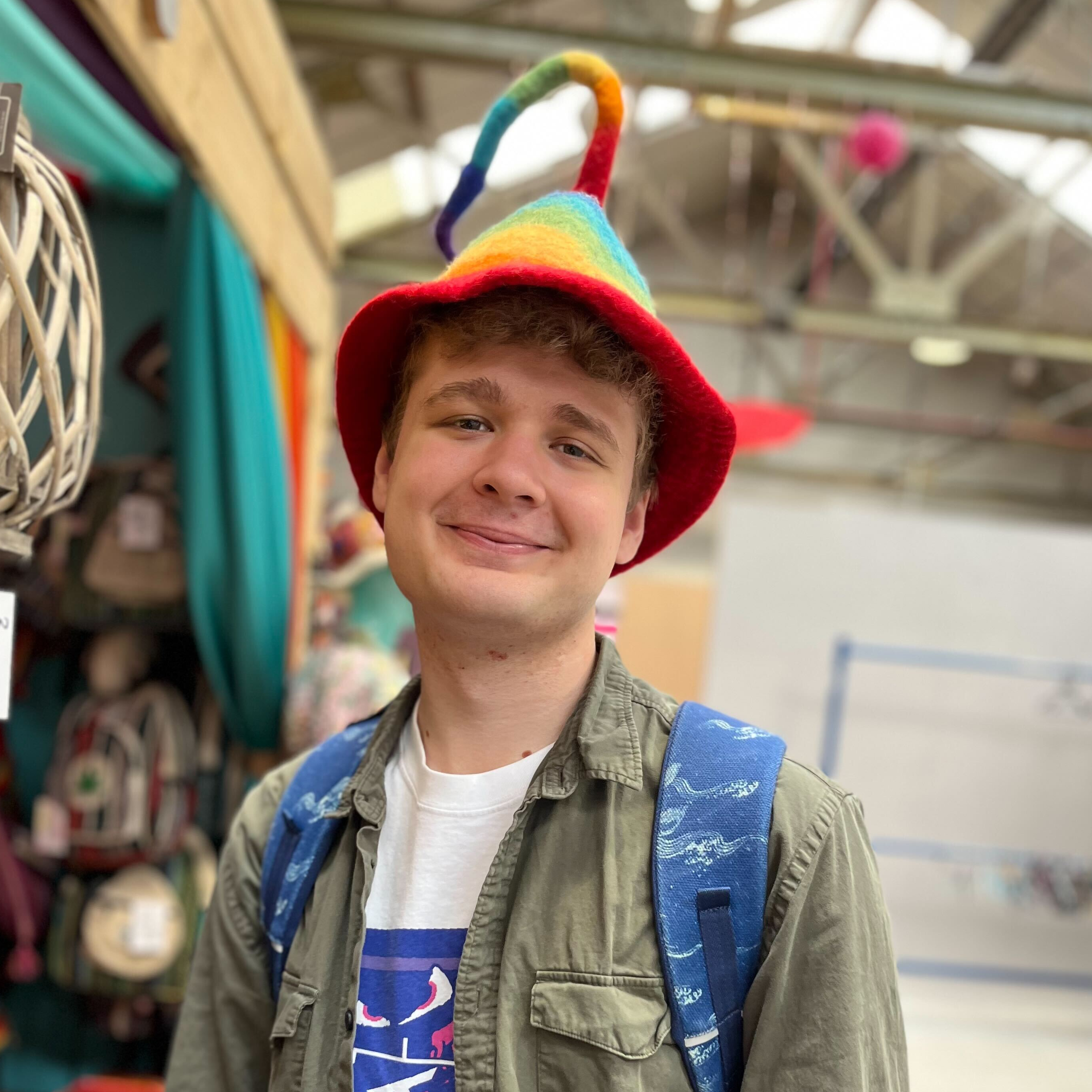
Dash is an experienced tech journalist who currently serves as the Gaming Editor at TechRadar, where he helps oversee coverage of video games and related products.
Before joining the team, he was Contributing Writer at PLAY (formerly Official PlayStation Magazine) and has also written articles for many of the UK's biggest gaming magazines including Edge, PC Gamer, and SFX.
Now, when he's not getting his greasy little mitts on the newest hardware or gaming gadget, he can be found listening to J-pop or feverishly devouring the latest Nintendo Switch otome.
You must confirm your public display name before commenting
Please logout and then login again, you will then be prompted to enter your display name.